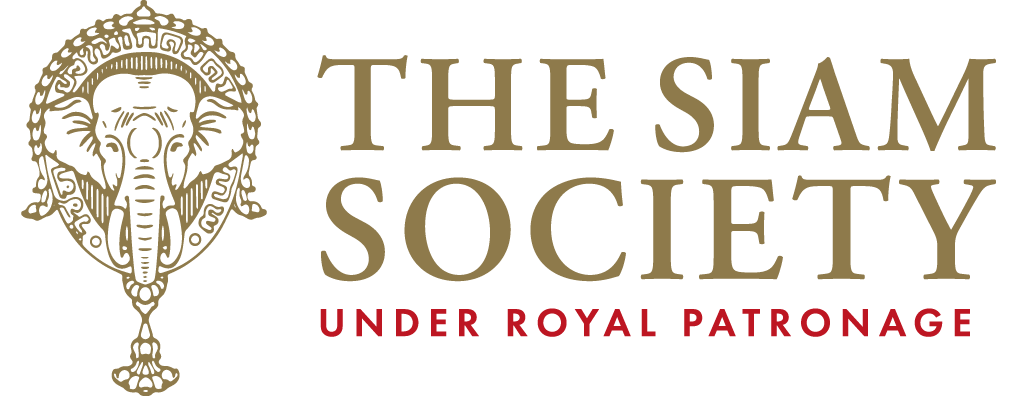Bagan at Risk: Conflict, Culture and Conservation
Bagan, Myanmar’s ancient city of over two thousand monuments, was inscribed as a UNESCO World Heritage Site in 2019, recognized for its cultural, spiritual, and architectural significance. As the heart of the Bagan Kingdom from the 11th to 13th centuries, it remains a vital symbol of Myanmar’s Buddhist heritage. However, Bagan faces mounting challenges that threaten its authenticity, integrity and sustainability. This presentation examines the dual realities of Bagan: its enduring legacy as a sacred and historical landscape and the contemporary threats jeopardizing its preservation. Key issues include political instability, economic hardship, environmental vulnerabilities and unregulated development. The 2021 military takeover has significantly disrupted conservation efforts, leading to weakened governance and restricted international collaboration.
As a living heritage site, Bagan is shaped by traditional merit-making practices, including offerings, gilding and the reconstruction of ancient structures. While these activities hold deep spiritual significance, they contribute to structural modifications that compromise the site’s authenticity. Additionally, environmental threats, including seismic activity, climate change and extreme weather conditions, accelerate the degradation of Bagan’s monuments. Inadequate conservation practices, unchecked urbanization and tourism-related developments further threaten the site’s integrity. Some restoration efforts have used inappropriate materials, while poorly regulated construction projects disrupt the historical landscape. Given these complexities, this presentation explores strategies for implementation of sustainable heritage management, emphasizing policy enforcement, responsible tourism, community engagement and international cooperation in alignment with the endorsed 2018 Integrated Management Framework for Bagan.
About the speaker
Ms Ohnmar MYO is a Senior Researcher at SEAMEO SPAFA. She focuses on protecting Myanmar’s heritage sites by building the capacity of local communities and heritage professionals in collaboration with UNESCO’s Heritage Emergency Fund. She is the Secretary-General of ICOMOS Myanmar and the Chairperson of the Myanmar Archaeology Association. From 2012 to 2018, she facilitated UNESCO’s cultural and natural heritage safeguarding projects in Myanmar, contributing to the inscription of the Ancient Pyu Cities (2014) and Bagan (2019) on the World Heritage List. She also played a key role in UNESCO’s response to the 2016 Bagan earthquake. With extensive experience working alongside Myanmar’s heritage professionals and international experts, she has supported the promotion and protection of the country’s intangible cultural heritage. She holds a Master’s degree in information studies from Nanyang Technological University, Singapore (2010), and Master’s degrees in Archaeology and Southeast Asian Studies from Yangon University (2000–2005).
When
Thursday, 19 June 2025 at 19:00
Where
Admission
Members and Students (to undergraduate level) — Free of charge
Non-Members — THB 300
For more information, please contact
To book your place, please contact Khun Pinthip at 02 661 6470-3 ext 203 or pinthip@thesiamsociety.org
More upcoming lectures
-

-
 The Bodhisattva and the Hoard: Investigating the Prakhon Chai PuzzleLecturesThursday, 19 February 2026 at 19:00
The Bodhisattva and the Hoard: Investigating the Prakhon Chai PuzzleLecturesThursday, 19 February 2026 at 19:00 -
 Victory to Ashes: War’s Lessons from the MahābhārataLecturesThursday, 5 March 2026 at 19:00 (Bangkok Time)
Victory to Ashes: War’s Lessons from the MahābhārataLecturesThursday, 5 March 2026 at 19:00 (Bangkok Time)
